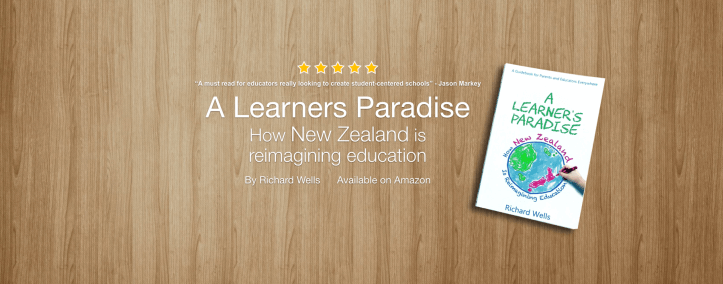America and other countries are finally waking up to the unfairness and thus meaningless nature of standardized testing. The sad part is how predictable it was that it would take something like a worldwide pandemic and 2 million deaths to change thinking. Multiple states and countries are announcing that COVID-19 has shown them that high-stakes exams might be unfair and they currently can’t ‘guarantee a level playing field.’ This is very strange in that inequality in preparing for such tests has always existed in extreme terms — the ’playing field’ has always been on a hillside. When the wealth, education, and stability of the parents have always defined results around the world (with or without a little bribery), why run tests when we already knew the results? The only standardized test all parents, teachers, administrators, and students should be forced to take is one that contains just one question: What’s the difference between equity and equality?

If innate talent or the classroom had anything to do with academic ranking in standardized exams, rich…


